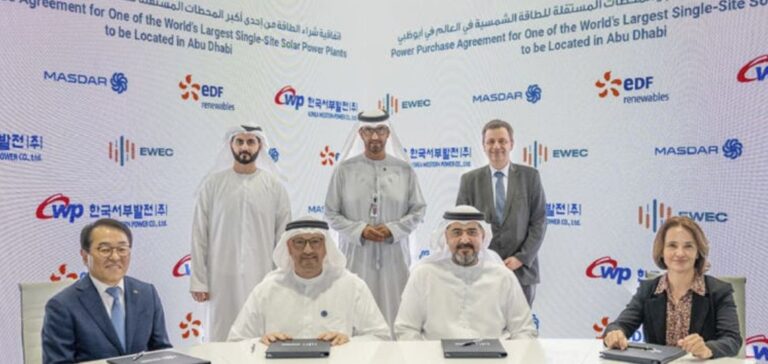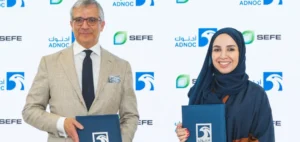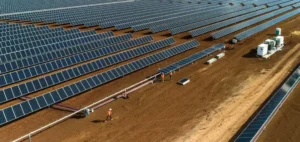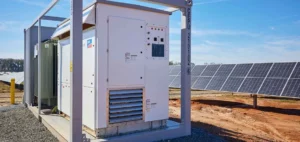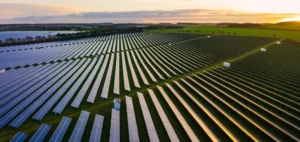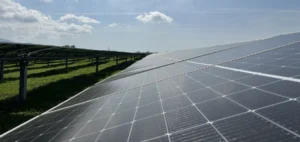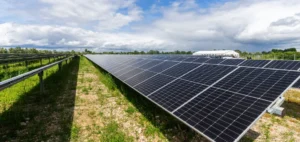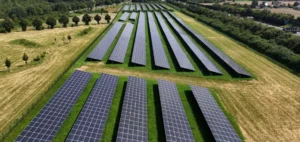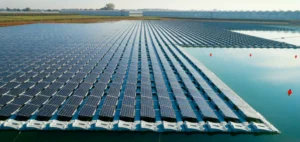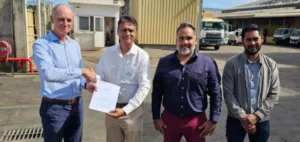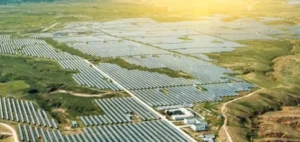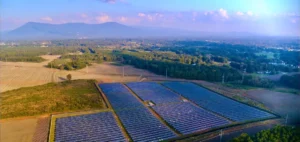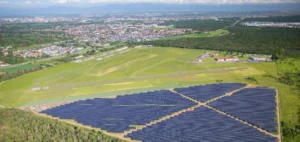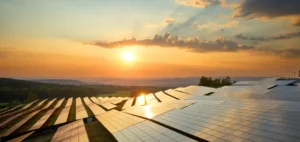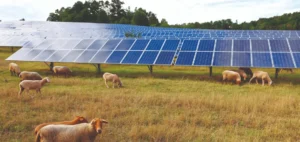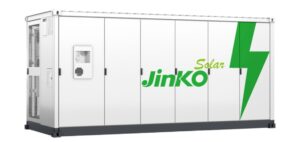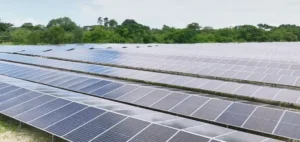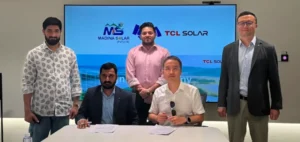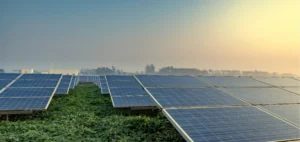Emirates Water and Electricity Company (EWEC) recently made headlines by announcing the award of the contract to develop the 1.5 gigawatt (GW) AC Al Ajban solar power plant. This major project has been awarded to an international consortium comprising EDF Renewables, Korea Western Power Company (KOWEPO), with Masdar as local shareholder. This initiative is part of the UAE’s long-term strategy to increase its renewable energy production capacity and reduce its dependence on fossil fuels.
Signature and scope of the PPA
The Power Purchase Agreement (PPA) was signed at the World Future Energy Summit, marking a formal commitment between EWEC and the project developers. This contract stipulates that EWEC will only purchase the net energy generated by the plant, thus ensuring financial planning based on actual production. The consortium is responsible for the design, financing, construction and operation of the plant, located around 70 km northeast of Abu Dhabi.
Capacity and environmental impact
Once fully operational, the Al Ajban plant will make a significant contribution to the Emirates’ energy capacity. With enough output to power around 160,000 homes, this project will play a key role in reducing Abu Dhabi ‘s annual carbon emissions by 2.4 million metric tons. This represents a giant step forward in the emirate’s efforts to achieve its goals of sustainable development and reducing greenhouse gas emissions.
Key players and their vision
The signing ceremony was attended by key figures such as HE Dr Sultan Al Jaber, UAE Minister of Industry and Advanced Technology, and Chairman of Masdar and COP28, as well as the Chairmen and CEOs of EWEC, EDF Group, and KOWEPO. These leaders expressed their enthusiasm and commitment to the success of the project, highlighting its role in advancing solar technology and meeting national and global energy goals.
The project’s strategic role in the energy transition
Al Ajban is not just a renewable energy project; it is also a cornerstone of the Emirates’ strategy to become a world leader in the green energy sector. By aligning this project with initiatives such as the UAE 2050 energy strategy and the Net Zero by 2050 initiative, the Emirates are demonstrating their ability to integrate environmental objectives into their economic and technological development.
Future implications and planned expansion
With commissioning of the plant scheduled for the third quarter of 2026, EWEC is already planning to develop further solar capacity, envisaging the addition of 1.4 GW of new solar PV capacity each year between 2027 and 2037. This ambitious plan reflects not only the Emirates’ commitment to renewable energy, but also their desire to lead by example on the world stage when it comes to energy transition.
The Al Ajban project is a striking example of how strategic collaborations and long-term commitments can propel a country to the forefront of the global renewable energy scene. The United Arab Emirates, through EWEC and its partners, is demonstrating that technological ambition, combined with a clear vision and institutional support, can achieve significant advances in combating climate change and promoting global sustainability.

